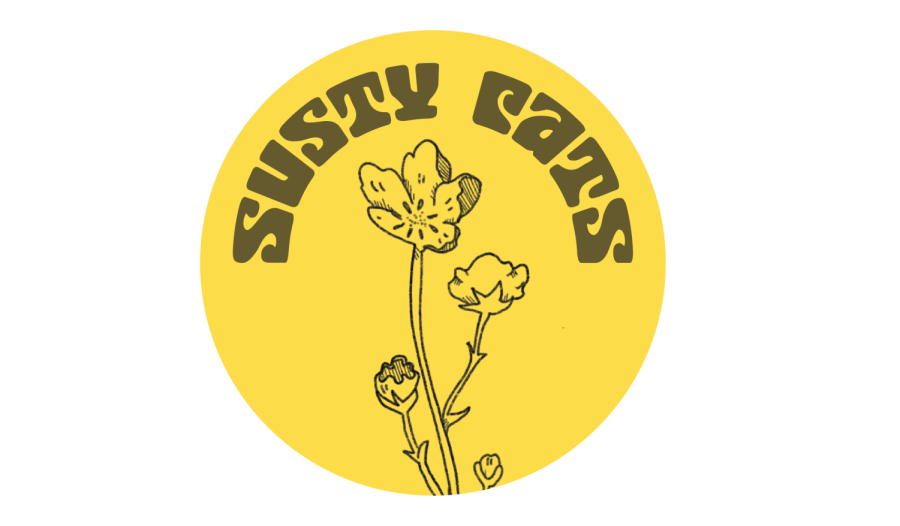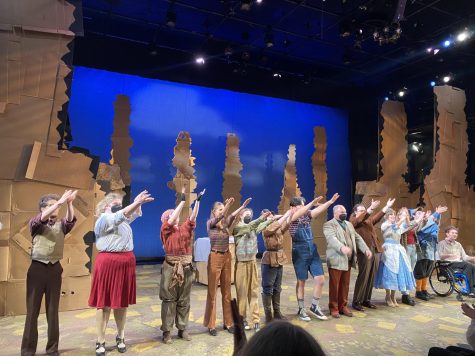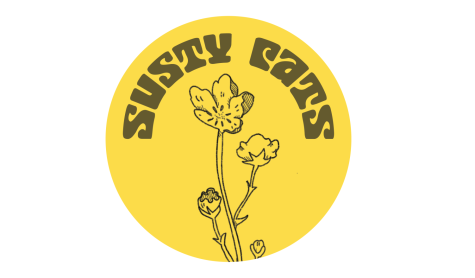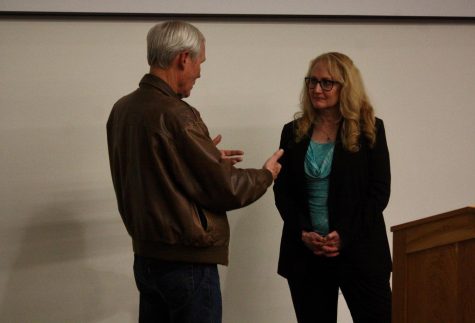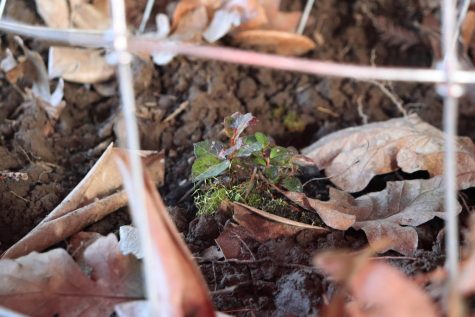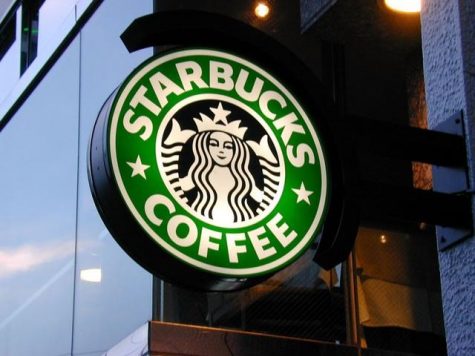Susty Cats: Paper towels and other single-use campus items
There are plenty of adages out there that attempt to help us regular mortals combat the environmental behemoth known as climate change. Eat less meat. Recycle your cans. Reduce plastic use. Don’t drive your car if you don’t need to.
Everyone has advice for you. But often, this advice is given freely (and without solicitation) sans any actual plans. What good do these broad solutions do if we don’t have the tools to carry them out?
We can’t solve the climate crisis by changing out our light bulbs, but we can do the best we can to stem the flow in that direction by taking small everyday actions. Susty Cats is a column for Linfield students, by Linfield students, with an emphasis on solutions-oriented reporting.
Single-use is so 1950s
We can all take a collective deep breath and accept that the COVID-19 pandemic led to an unfortunate but necessary rise in single-use items. Think of all the plastic forks and knives that the dining hall had to give out during the 2020-2021 school year. The endless blue paper masks that littered the streets. And so on. I’m glad we had them at the time.
But there are plenty of ways that Linfield students can reduce their single-use item count every day.
Solution 1: Ditch the on-campus Starbs–or at least reduce it
Having an on-campus Starbucks is both a blessing and a curse. It provides jobs for students, a convenient and cool meeting place or study spot, and lets people get their sugar/caffeine fix within a 10 minute walk of all academic buildings. Not to mention, students on any meal plan get to use their dining dollars towards anything on the menu.
And that’s a lot of Starbucks cups.
The on-campus coffee shop does not take personal cups–a practice that began out of necessity at the start of the pandemic but has yet to be repealed. Other locations accept personal cups.
I want to be clear, I am not a hater. I understand why people on campus love our Starbucks and I would never call for a boycott or anything drastic when students’ livelihoods depend on it (nearly all employees are students).
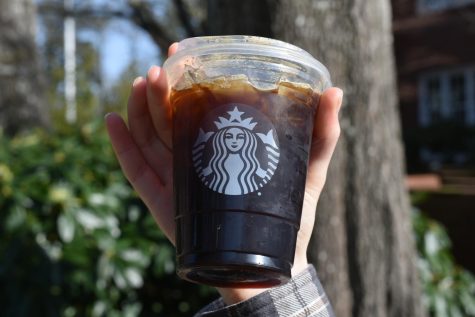
Here are some simple switches and swaps you can do if you’re concerned about the amount of cups used:
- Ask for no lid. This reduces your plastic count from two pieces to one. An imperfect solution, but one nonetheless.
- Split a drink with a friend, and bring your own cup. This one is kind of complicated and requires some planning but hear me out: you and a friend each bring your own cup with your milk of choice, filled about halfway. Order four shots with ice (and any flavor you choose, if desired). Divide the shots and ice evenly amongst you and your friend’s cup, and boom–two iced lattes for one single-use cup. This could be applied to any drink recipe but may take some experimenting. Bonus points because you save money, too.
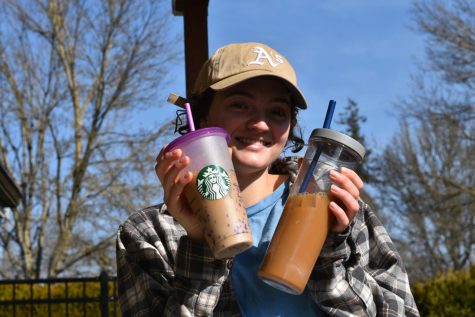
- Go to an off-campus location. This option is not available to everyone, due to transportation issues. But plenty of other coffee shops accept personal cups or even serve you in a mug if you’re dining in.
Solution 2: Are paper towels even needed?
Most people I know don’t use paper towels to dry their hands after using the bathroom or washing dishes at home. My roommate and I have several cute sets of hand towels. What if we applied this principle to our lives outside the home?
I’m not saying the Linfield public restrooms should switch to hand towels (Yuck! What a nightmare). I’m suggesting you either
- Forgo paper towels totally and let the air (or your pants) do its magic
- Carry around your own personal hand towel which is something I’ve done on and off during my college career. I was given a small towel with a hook that dangles off my backpack on a carabiner when I was in high school and I’m obsessed with it. It’s a real conversation starter–I’ve never seen anyone else using one! This can be easily DIYed by taking a small towel, a safety pin, and some sort of attachment (like a carabiner). Let’s get this trend started! Just wash it every week or so to keep it clean.
Solution 3: Utilize Greenware
Little known fact: the Associated Students of Linfield University (ASLU) maintains a set of reusable cups, plates, and flatware that are available to student activities and events at literally no cost.
Simply request to use it (currently, there is no form on Engage so reach out to Emma Campbell, the president of ASLU). Campbell says that there are enough sets to accommodate up to 300 people.
Once your event is over, drop all dishes off at Dillin Dining Hall, where the diners’ dirty dishes go. Dillin charges a small cleaning fee to ASLU.
Campbell says the goal of the Greenware program is two-part. First, it reduces costs for clubs and activities (no need to buy plastic forks every meeting!). Second, it helps reduce the demand for single-use items. Win-win!

